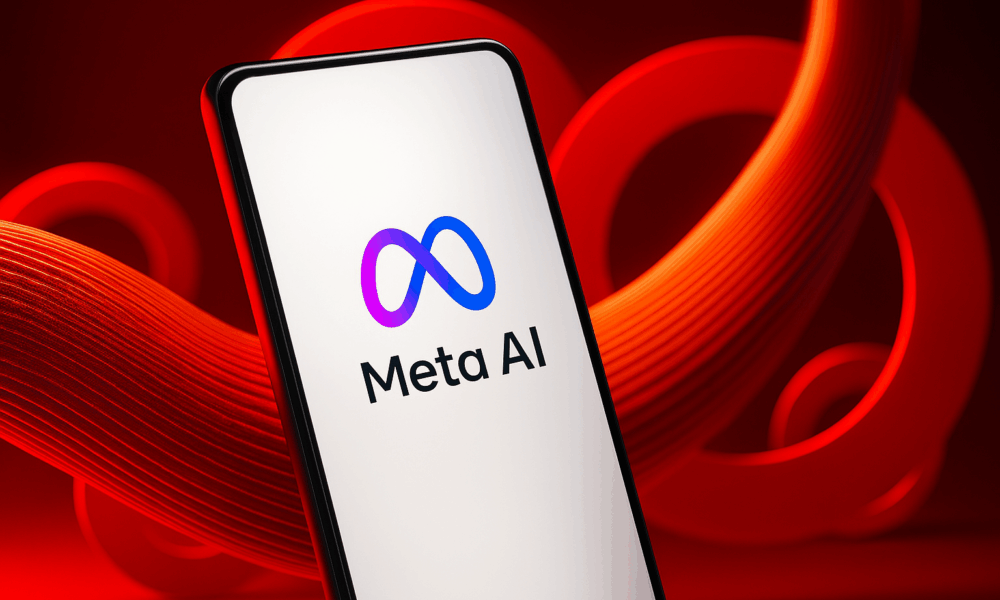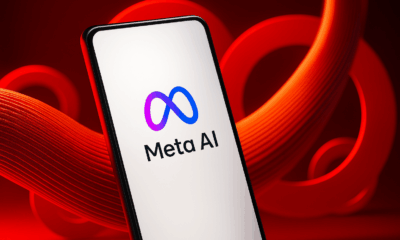


In an era where digital assistants are woven into every part of our lives—from scheduling meetings to navigating unfamiliar cities—AI is now stepping into an entirely...



While tech giants battle over model size and compute power, Google’s biggest AI advantage isn’t buried in its code — it’s hidden in plain sight: the...



A Lithuania‑based startup is promising to track everything about you online — and then charge you to see the report. But now a European privacy watchdog...



A quiet revolution is unfolding in the world of AI security: researchers have introduced a new privacy attack called CAMIA that can peer into a model’s...



The Price of “Free” Voice AI Imagine opening an app that promises to pay you dollars for each minute you talk — and in return, it...



When you press that final “Book Now” button on your travel itinerary, you’re doing more than locking in dates and destinations. You’re handing over sensitive personal...



In an era dominated by surveillance capitalism and data-hungry AI platforms, Proton introduces a breath of fresh air — a secure, intelligent assistant that respects your...



Mark Zuckerberg recently unveiled Meta’s bold new vision for artificial intelligence: a world in which every person has access to a deeply personalized AI assistant. Dubbed...



Imagine treating an AI chatbot like your therapist—pouring your secrets, seeking guidance, finding comfort. Now imagine those intimate conversations could be subpoenaed and exposed. That’s the...